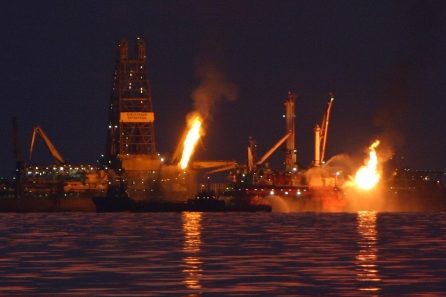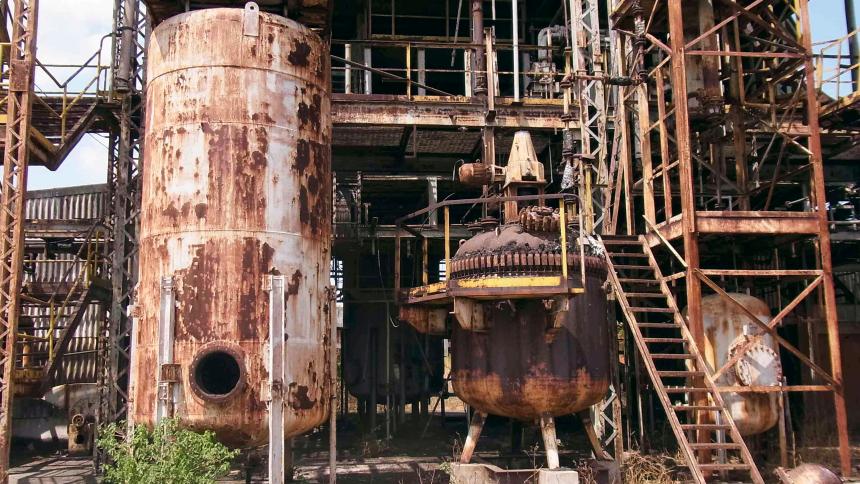What is Chemical Process Safety?
Chemical Process Safety is a blend of engineering and management practices focused on preventing accidents, particularly explosions, fires, and toxic releases which result in loss of life and property.
Dr. Trevor Kletz is considered by most as the Father of Chemical Process Safety. The Chemical Safety Board published a video on “Remembering Trevor Kletz”.
Why study Chemical Process Safety?
The world’s worst, most deadly industrial accident in history was a chemical disaster which occurred in 1984 in Bhopal, India and caused over 2,000 deaths and 10,000 injuries. In addition to Bhopal, many other industrial disasters have collectively killed and injured thousands of people and caused billions of dollars in damage to chemical plants and nearby communities. Accidents such as these occur because chemical engineering processes are some of the most potentially dangerous due to extreme operating conditions and the use of explosive, reactive, and flammable materials.
For more information on the Bhopal Disaster, please see this Chemical Safety Board video on Reactive Hazards or the Wikipedia article on the Bhopal Disaster.
What surprises most students is that all these chemical engineering accidents were preventable. All of these disasters were the result of poor engineering decisions, made by people who lacked fundamental understanding of basic chemical engineering concepts and chemical engineering safety. All it took was a handful (oftentimes 1-3) of people who lacked understanding of the consequences of their actions to affect the lives of dozens or thousands of people. This means that knowing the fundamentals of chemical engineering and process safety may save your life or the lives of innocent people and prevent the loss of millions of dollars of material and equipment.
Engineers have an ethical and professional obligation to only do work in areas for which they are competent and qualified. The best way to prevent future industrial disasters is to understand how to design, operate, and troubleshoot chemical processes effectively and safely. To do this we must understand chemical processes and chemical process safety.
What is the goal of this website?
Sometimes chemical process safety is taught in a separate safety course within the chemical engineering curriculum, and sometimes it is taught only in the senior year as a part of the process design course. The purpose of this website is to provide professors and students with real case studies and resources so that process safety can be more effectively and easily learned throughout the curriculum and become an integral part of chemical engineering culture.
In July 2020, Prof. Fogler presented a virtual seminar on the Process Safety Across the Chemical Engineering Curriculum initiative to the Graduate Program in Chemical and Biochemical Process Engineering at the Federal University of Rio de Janeiro. The EPQB Program has graciously given us permission to embed the recording of their seminar so you can hear about the initiative from Prof. Fogler himself.


